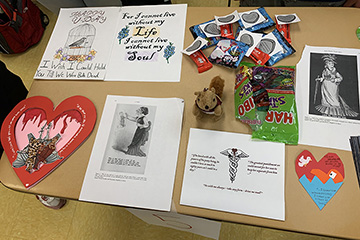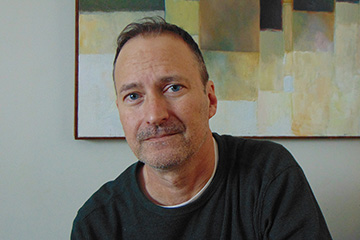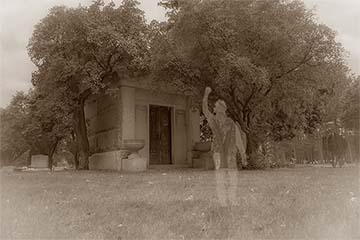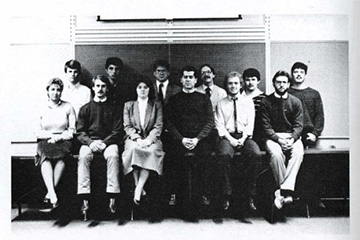English students go to the root of the story
English 201 students use research to investigate validity of conspiracies
Conspiracy theories have long existed, but in today’s lightning-fast media environment, theories that might otherwise have languished or disappeared can now be elevated to the top of our national conversations and spread around the globe in a matter of minutes.
English professor Jeffrey Weinstock says it’s crucial for today’s news consumers to separate fact from fiction and has incorporated this effort into his English 201 course.
“In designing the project, I tried to think about what would benefit CMU students and the broader culture the most,” Weinstock said. “I’ve never been so proud of a batch of papers.”
Students examine and research historical and modern conspiracies. Topics include Holocaust denial, 9/11 conspiracies, anti-vax conspiracies, "birtherism," mass-shooting "crisis actors," flat earthers, and climate change denial.
Social Work major Samantha Souva researched Holocaust denial.
“The Holocaust was an extraordinarily complex and dark part of our world history. This could be why conspiracy theories were created about it,” Souva said.
Course texts taught her that conspiracies often emerge because they are ways of trying to make sense of complex events.
“Holocaust denial is a prime example of this,” Souva said. “The truth is so hard that is easier for people to say that this historical event never happened.”
Kinesiology major Kathlyn Irwin says it’s important to identify the credibility of the source of information.
“It is important to dig deeper than popular news sources,” Irwin said. “Peer-reviewed journals provide great information. I’ve learned to look at multiple reliable sources because there may be information on a topic that is mentioned in one source but not in another."




